Acupuncture for Pinched Nerves: Natural Relief Through an Ancient Approach
I’ve been seeing my share of pinched nerves this week! A pinched nerve—often described as radiating pain, numbness, tingling, or weakness—can result from pressure applied to a nerve by surrounding tissues like bones, cartilage, muscles, or tendons. Common causes include herniated discs, arthritis, repetitive motions, or even poor posture. These nerve compressions can occur in various areas of the body, especially in the neck, lower back, and wrists. Conventional treatment often involves anti-inflammatory medication, physical therapy, or surgery. In severe cases, acupuncture offers a natural and effective alternative that’s gaining scientific recognition.
UNDERSTANDING PINCHED NERVES
Pinched nerves disrupt normal nerve function, leading to pain or discomfort. Common examples include:
Cervical radiculopathy (neck)
Lumbar radiculopathy (lower back)
Carpal tunnel syndrome (wrist)
Sciatica (buttocks and leg)
Left untreated, the pressure on the nerve may lead to chronic pain, permanent damage or muscle atrophy.
HOW ACUPUNCTURE HELPS
The acupuncture style I do for this is called EXSTORE (Examine Restore) and I’m excited to have advanced my studies with my mentor in Canada two weeks ago. He works with acupuncture and electric stimulation to free the nerve impingements which increase blood flow, restore tissue and help patients gain strength and resolve pain and neuropathies.
For pinched nerves, acupuncture with electric stim aims to:
Reduce inflammation around the compressed nerve
Relieve muscle tension that might be contributing to the compression
Promote blood flow to the affected area for faster healing
Interrupt pain signals being sent to the brain
SCIENTIFIC RESEARCH SUPPORTING ACUPUNCTURE FOR NERVE COMPRESSION
Numerous studies support acupuncture as an effective intervention for nerve-related pain:
A 2020 systematic review published in Pain Medicine found acupuncture to be significantly more effective than conventional treatments for cervical radiculopathy, with improvements in pain and neurological function.
In a 2019 study from Neural Regeneration Research, electroacupuncture (a form of acupuncture that uses electrical stimulation) improved nerve repair and pain thresholds in rats with sciatic nerve injury.
A 2015 randomized controlled trial published in Journal of Pain Research found acupuncture significantly improved symptoms of carpal tunnel syndrome compared to sham acupuncture, with fMRI showing changes in brain activation consistent with nerve recovery.
These studies suggest acupuncture not only provides symptomatic relief but also contributes to physiological healing of nerve tissue.
WHAT TO EXPECT DURING TREATMENT
A licensed acupuncturist will first perform a thorough evaluation, including TCM diagnosis and discussion of symptoms. Treatment typically involves:
Needle insertion at both local (near the site of pain) and distal points
Possible use of electroacupuncture for stronger nerve stimulation
Heat therapy or moxibustion to enhance circulation
Lifestyle or ergonomic advice to prevent recurrence
Patients often report a reduction in pain after just a few sessions, with continued improvements over 4–6 treatments depending on severity.
WHEN TO CONSIDER ACUPUNCTURE
You might benefit from acupuncture if you:
Prefer drug-free, minimally invasive treatment
Experience persistent nerve pain despite other therapies
Want to complement physical therapy or chiropractic care
Seek a holistic approach to healing
Acupuncture offers a time-tested, evidence-backed alternative for those suffering from pinched nerves. By promoting circulation, easing muscle tension, and enhancing nerve recovery, acupuncture not only relieves pain but also supports long-term healing. As more healthcare providers recognize its value, acupuncture is becoming an essential part of integrative treatment plans for nerve-related conditions. Always see a Licensed Acupuncturist (L.Ac.) when seeking acupuncture.

